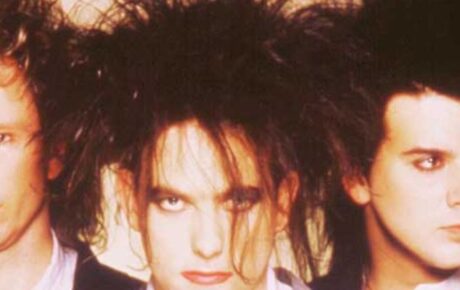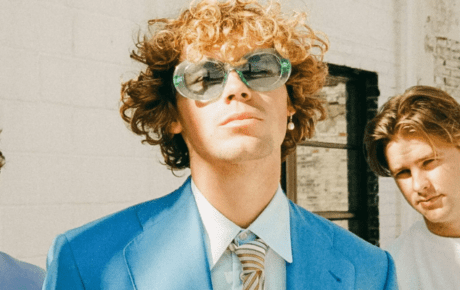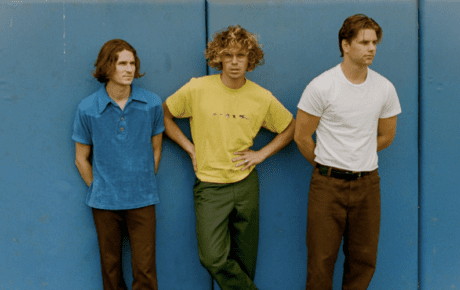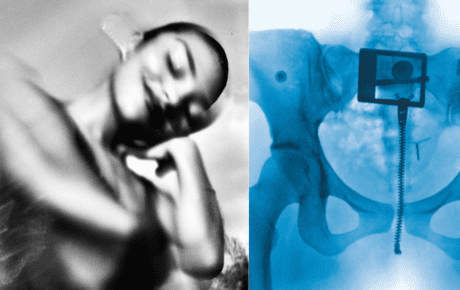The unsurpassed brilliance of Freddie Mercury as an entertainer sometimes obscures his diligence and creativity as a songwriter. To have composed “Bohemian Rhapsody” and nothing else would surely be enough, but his catalog of Queen hits as a composer also included “Killer Queen,” “Crazy Little Thing Called Love” and, among many others, the anthemic “We Are The Champions.” His millions of fans around the world were as one as they celebrate what would have been his 75th birthday on September 5, 2021, and the 30th anniversary of his 1991 passing, on November 24.
Freddie’s attitude to his work, and especially his stagecraft, is well reflected in his comments contained within the online “newspaper” to mark the 40th anniversary reissue of Queen’s 1977 album News Of The World. Speaking around the time of its original release, he said: “I feel a lot of people now realise when they come to see our show, that they’re gonna get a lot of contrasts.
SEE MORE: The Unforgettable Freddie Mercury
“I like to think that I can do different things. I don’t like to just think, OK, rock’n’roll, I’m gonna go up there, put on my high-heeled shoes and play the songs. I like to think we do so many different types of songs that when we try and put them over, they require a different sort of format.”
The point was further emphasised by Brian May in an interview about the 2018 film. “I think what a lot of people think about Freddie, and the media go, ‘Oh he was flamboyant, whatever,’ and they remember him for other things and they forget he was a brilliant musician. I think the film does pay attention to the fact that Freddie was a great, great musician.”
For all Queen fans and admirers of exuberant pop showmanship, the date November 24, 1991 is tinged with sadness, as the day we lost Freddie. Although his illness had long been common knowledge, the official confirmation that he was suffering from Aids came in a written statement released little more than 24 hours before he passed away. His place in the pantheon of modern music had been confirmed many years earlier, but on a more human level, it’s well worth saying that Mercury’s tragic demise was anything but in vain.
Because Freddie was the first major rock star to die of complications from the terrible disease, his passing made Aids an issue of public consciousness as never before. With at least some of the suspicion and misunderstanding of its causes and symptoms removed, he did an immeasurable amount to bring Aids into common parlance.
Less than six months after Mercury’s death, Brian May, Roger Taylor and Queen’s Manager Jim Beach had founded the Mercury Phoenix Trust and helped organise the Freddie Mercury Tribute Concert for Aids Awareness. 76 countries around the world saw it, considered the issues involved and celebrated a unique life. You can donate to the Mercury Phoenix Trust and take part in their remarkable, ongoing work, notably that via the smash hit 2018 movie Bohemian Rhapsody, here.
As Deborah Gold, chief executive of the National Aids Trust, told the Evening Standard in a feature marking 30 years since Mercury’s death: “In the short period of time before he died, he was open about the fact that he had Aids, and when those moments happen, it’s possible to grab hold of them and use them for something else.
“I think the other members of Queen and his friends really did that through their work at the Mercury Trust. They were able to take a really upsetting and sad situation and used the learning from that to really impact change.”












